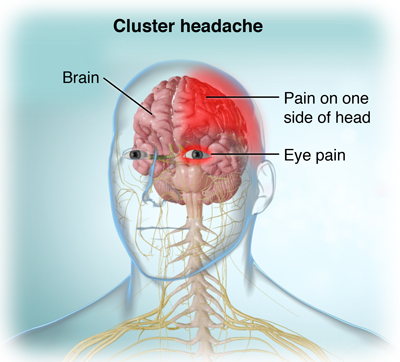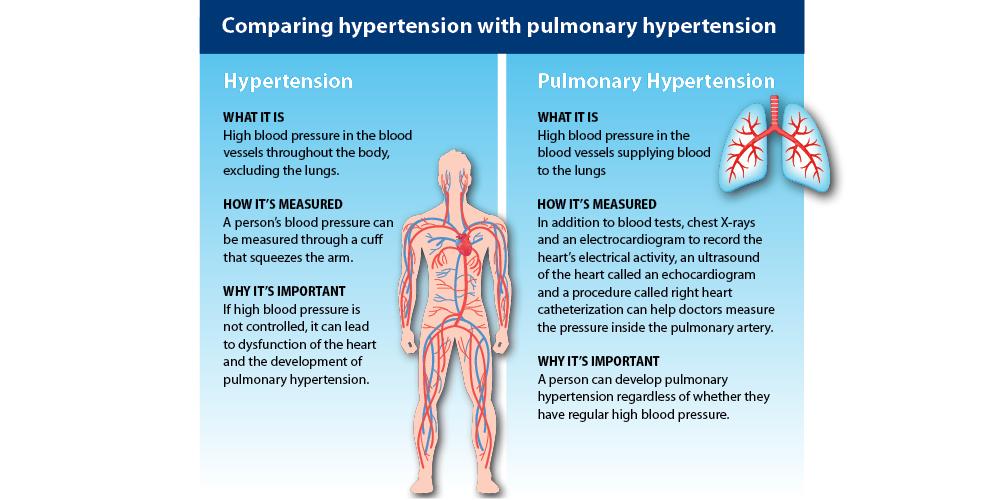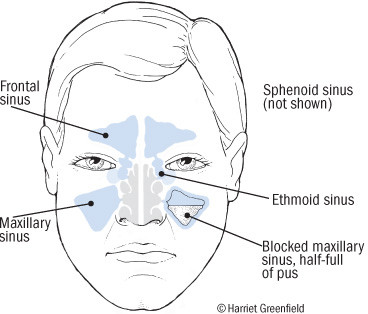Neck pain, also known as cervicalgia, is a prevalent issue affecting a significant portion of the population at some point in their lives. Though often felt in the neck, the pain can originate from various spinal problems. It may be caused by muscular tightness in the neck and upper back or could be a result of pinching of nerves.
One serious condition associated with neck pain is a cervical artery dissection, where the neck pain is unusual, persistent, and often coupled with a severe headache. The pain from a carotid artery tear typically spreads along the side of the neck and up toward the outer corner of the eye. Similarly, a vertebral artery tear may manifest as sharp pain at the base of the skull and back of the head. These symptoms, particularly if accompanied by stroke symptoms like dizziness, double vision, jerky eye movements, unsteadiness, or slurred speech, require immediate medical attention.
The structures of the neck support a heavy weight: your head. The many causes of neck pain, including structural problems like arthritis or degenerated discs, as well as muscle strains, are detailed in various health reports. Even without a clear diagnosis, modern treatments can effectively relieve neck pain and restore function.
Cervical radiculopathy, another common cause of neck pain, results from pinching or inflammation of a cervical nerve at the point where it exits the spine. This condition, primarily affecting the neck region, can cause discomfort or pain in the muscles and connective tissue controlling jaw, neck, and shoulder function.
In many cases, the source of neck pain might be related to daily routines that strain neck muscles. Structural neck problems like arthritis or degenerated discs might also contribute to the pain. Understanding these causes is crucial for effective treatment and prevention.

Most neck pain results from irritation or injury to muscles, joints, or nerves. Acute pain is often related to tissue injury and is termed nociceptive pain. In contrast, chronic pain, known as neuropathic pain, might originate from a damaged or irritated nerve, with pain signals now emanating from the brain.
For more information on the various aspects of neck pain, visit Wikipedia, Harvard Health, Harvard Health, Harvard Health, University of Rochester Medical Center, Hospital for Special Surgery, and Harvard Health for detailed explanations and guidance on neck pain and its treatments.


